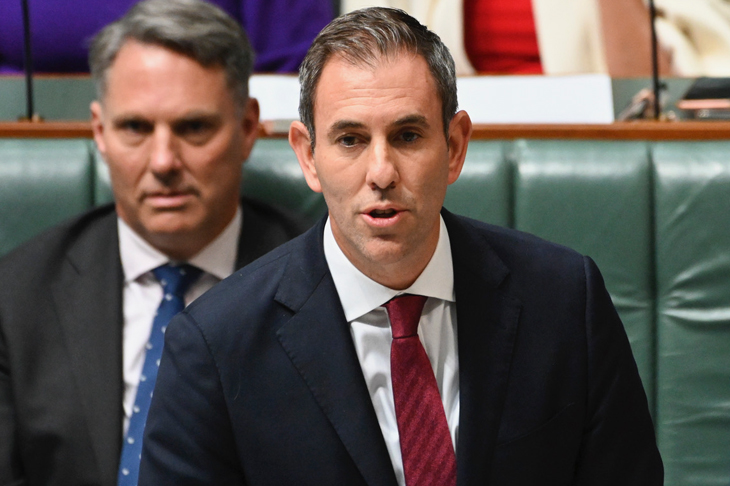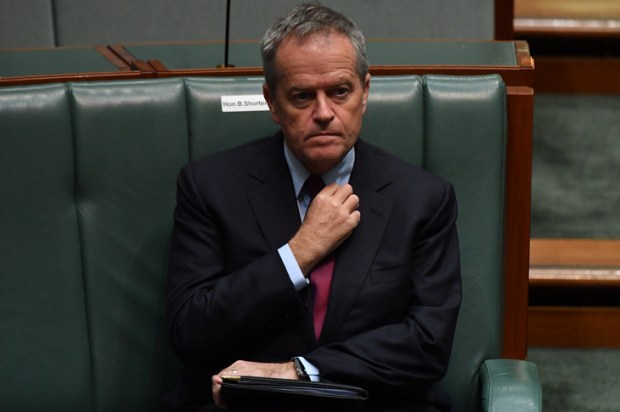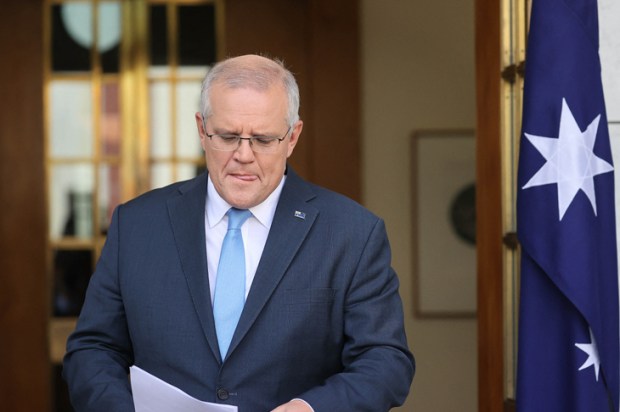What is it with ministers, particularly newly installed ones, commissioning external reviews on core policy topics? It’s a bit like getting your mother to do your homework. Instead of ministers using their own judgement with the assistance of the highly paid bureaucrats we are all forced to pay for, it’s become the norm to seek out some high-profile person, often a former senior bureaucrat, and establish a review.
Already a subscriber? Log in
Subscribe for just $2 a week
Try a month of The Spectator Australia absolutely free and without commitment. Not only that but – if you choose to continue – you’ll pay just $2 a week for your first year.
- Unlimited access to spectator.com.au and app
- The weekly edition on the Spectator Australia app
- Spectator podcasts and newsletters
- Full access to spectator.co.uk
Or
Unlock this article
You might disagree with half of it, but you’ll enjoy reading all of it. Try your first month for free, then just $2 a week for the remainder of your first year.














Comments
Don't miss out
Join the conversation with other Spectator Australia readers. Subscribe to leave a comment.
SUBSCRIBEAlready a subscriber? Log in